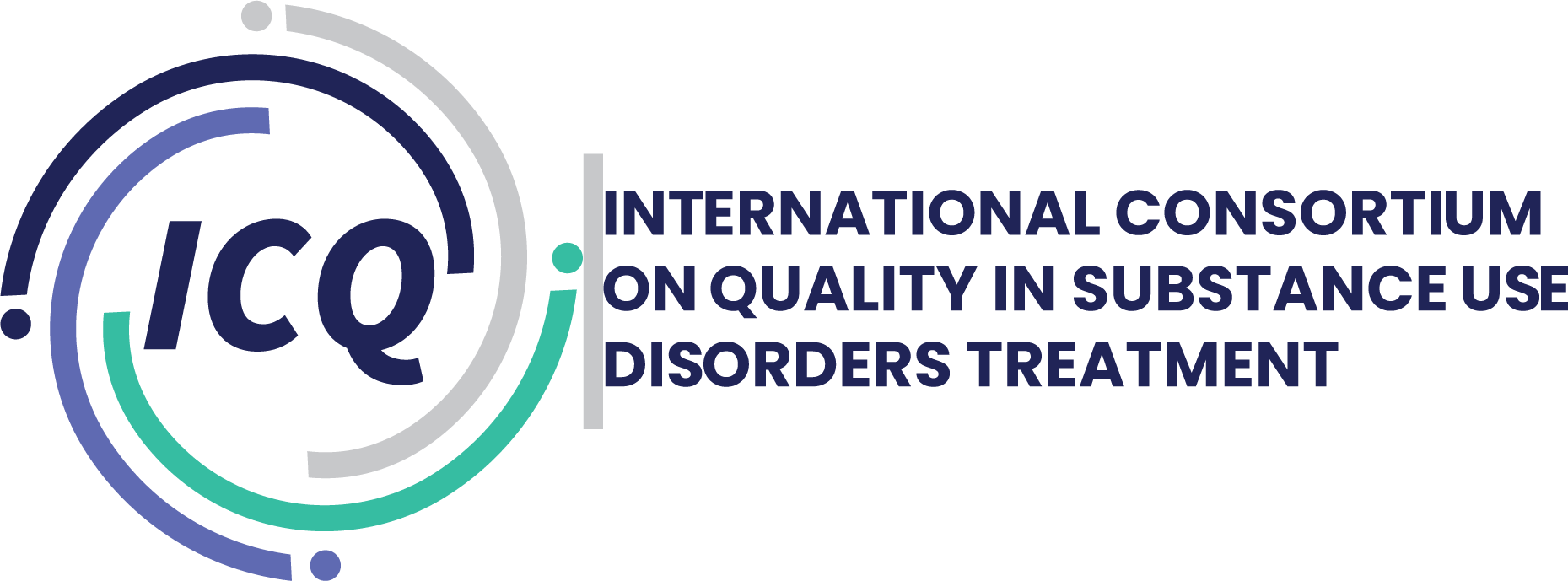Guiding Principles of Recovery
Spanish Interpretation
Recovery is a universal human journey shaped by cultural context, social environment, and individual experience. This session explores the Guiding Principles of Recovery through a global lens, recognising that recovery does not look the same across all communities, countries, or cultures. Participants will examine foundational recovery principles—such as hope, person-centredness, and respect—and consider how these values are applied, challenged, and adapted around the world.
Through case studies, discussion, and collaborative reflection, attendees will learn how recovery principles support inclusive, trauma-informed, and culturally responsive practices. Whether working in clinical settings, peer-led programs, or community-based initiatives, this session equips participants to integrate global best practices into their local recovery efforts—empowering individuals and communities to thrive on their own terms. Key aspects to be covered include:
-
Welcome & Introduction
-
Defining Recovery and Its Core Principles
-
Definition of recovery (SAMHSA, global perspectives)
-
Overview of the 10 Guiding Principles of Recovery
-
Deep Dive into Key Principles
-
Application in Practice
-
Addressing Barriers and Promoting Equity
-
Integrating Principles into Systems and Policy
-
Wrap-Up and Call to Action
Intended audience:
This webinar is intended for:
-
National Drug Councils and policymakers
-
Civil society organisations involved in recovery
-
Recovery champions and advocates
-
Professionals and practitioners in the field of recovery
-
People with lived experience in recovery
-
Academics and researchers specialising in recovery
Learning outcomes:
By attending this webinar, participants will be able to:
-
Define and articulate the core guiding principles of recovery as recognised in contemporary recovery-oriented systems of care.
-
Describe how these principles support individualised, person-centred, and strengths-based approaches to wellness.
-
Identify how cultural, systemic, and community factors influence the application of recovery principles in diverse settings.
-
Apply recovery principles to real-world practice through case studies and reflective activities.
-
Promote recovery-oriented values in policy, service delivery, and peer support.
Presenters:
Boro Goic,
Chairperson of the Recovered Users Network (RUN), Bosnia and Herzegovina.
After successfully completing rehabilitation, Boro Goic has been actively involved in the field since 2004. Boro Goic established NGO Celebrate Recovery in Bosnia and Herzegovina, with an aim to help individuals and families to recover from drug addiction. He also supported several NGO's in their establishment and is one of the leaders in the recovery movement in the Balkans.
In 2013 Boro Goic became Chair of Recovered Users Network (RUN), a unique platform which represents the voices and rights of previous users. Furthermore Boro is a part of global drug policy debate as a representative of recovered users and advocate for balanced and recovery oriented drug policies on national, European and UN level.
Dr. David Patton
Associate Professor in Criminology at the University of Derby’s Social, Cultural and Legal Research Centre. His research draws on the lived experiences of people recovering from addiction and rehabilitating from offending histories to co-produce new visions for transforming the criminal justice system and society.
He challenges the idea that pain is the primary driver of behavioural change, showing instead that pull factors—like hope and opportunity—often motivate sustained recovery, even in difficult circumstances. His work shifts focus from the individual to societal and structural influences.
Dr. Patton is Director of New Central Media, a knowledge hub working with vulnerable and marginalised groups to explore how their beliefs and practices offer alternatives to societal challenges such as isolation, competition, and materialism.
He is currently developing an international Photovoice project with recovery organisations, enabling individuals in drug recovery to document and share effective strategies through photography.
Mulka Nisic
Mulka Nisic is a Research Officer at the Centre for Hate Studies, University of Leicester, Secretary General of RUN- Recovered Users Network; and a founding member of the Global Gender Committee within the World Federation Against Drugs. She brings decades of active engagement in the field of drug policy and recovery from addiction. Her current research explores the lived experiences of individuals in recovery and gendered recovery pathways across nine European countries, focusing on recovery capital and stigma's role.
Webinars and online events delivered and hosted by the International Society of Substance Use Professionals (ISSUP) are provided for informational purposes only. They are educational in nature and do not constitute medical advice, diagnosis or treatment.
